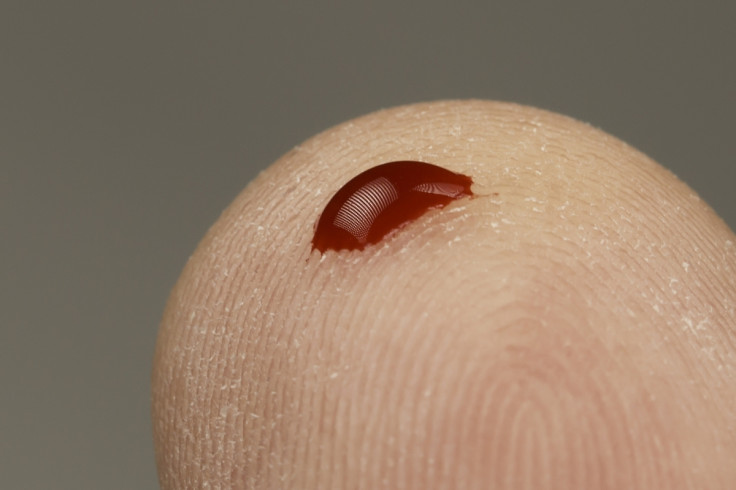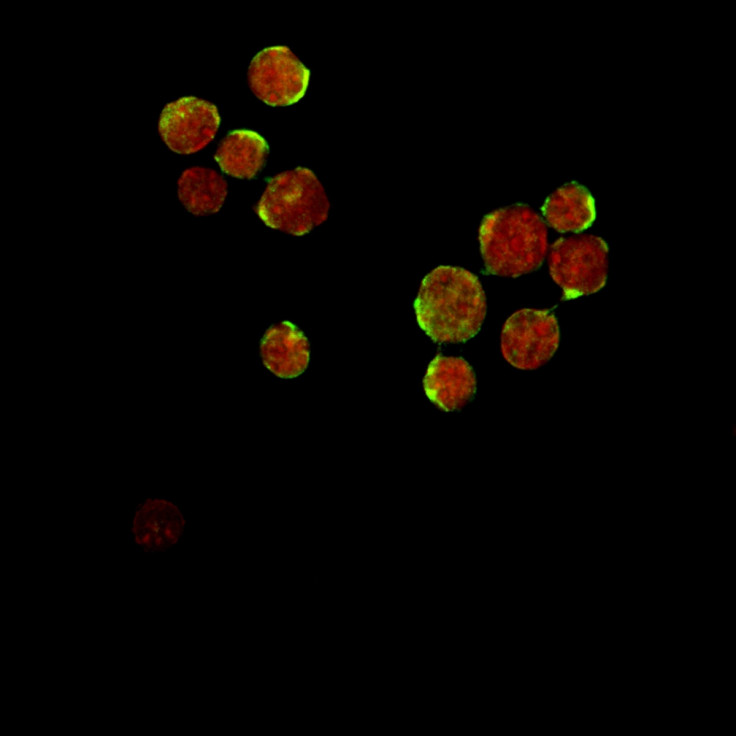Scientists edge closer to growing blood stem cells in lab

Significant progress has been made in working out how to grow blood stem cells in a laboratory. Researchers have discovered the protein responsible for regulating the function and development of the cells, providing them with a "serious advantage" in working out how to maximise them for therapies.
Blood stem cells were the first stem cells to be discovered, in the 1960s. More than 26,000 people are treated with blood stem cells in Europe every year for a variety of life-threatening conditions. However, they are very much in short supply. Being able to develop these cells artificially has huge implications for people suffering blood diseases who need them for treatments.
Blood stem cells come from bone marrow, the bloodstream and the umbilical cord. These cells are easier to use for transplants because they are more accessible and adaptable than other types of blood stem cells. They are also safer and more effective. However, only around 5% of blood samples from umbilical cords have enough stem cells in them for a transplant.
Researchers from McMaster University, Ontario, wanted to find a way to develop more stem cells from umbilical cord blood samples. They analysed umbilical cord blood to try and isolate the protein responsible for developing stem cells.

The study, published in Nature, found the "Musashi-2" protein controls the function and development of blood stem cells in umbilical cords. The researchers say the discovery means new strategies can be used for growing these stem cells. They can then be used for the tens of thousands of patients suffering from blood disorders, including leukaemia, lymphoma and sickle cell disease.
"We've really shone a light on the way these stem cells work," said Kristin Hope, senior author of the report. "We now understand how they operate at a completely new level, and that provides us with a serious advantage in determining how to maximise these stem cells in therapeutics. With this new-found ability to control the regeneration of these cells, more people will be able to get the treatment they need.
Hope says the discovery means more donated blood samples can be used for transplants. She adds: "Providing enhanced numbers of stem cells for transplantation could alleviate some of the current post-transplantation complications and allow for faster recoveries, in turn reducing overall health care costs and wait times for newly diagnosed patients seeking treatment."
© Copyright IBTimes 2025. All rights reserved.






















